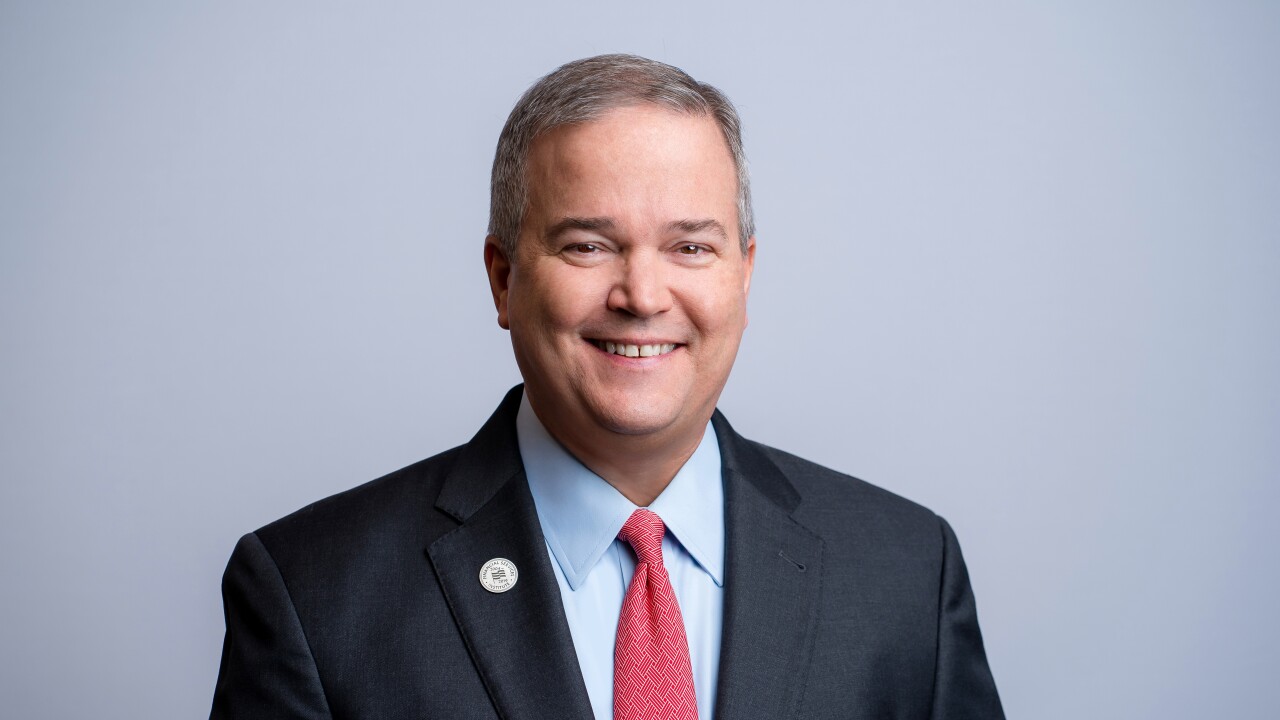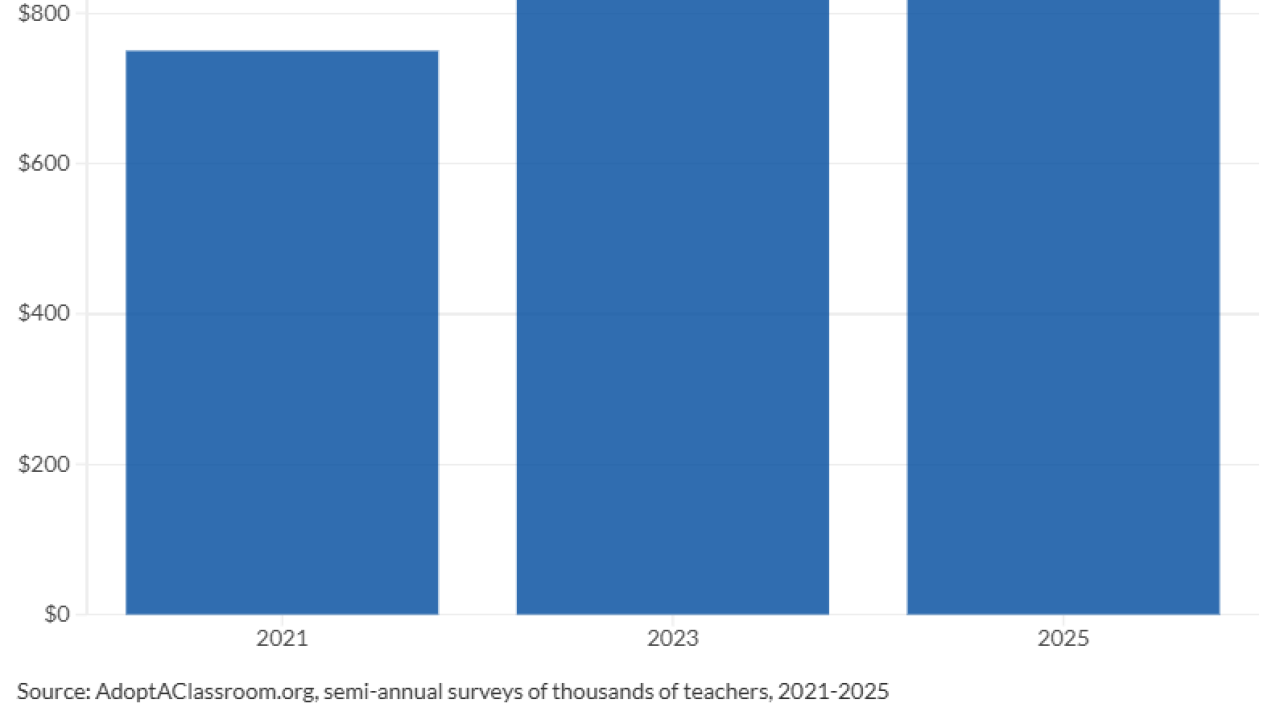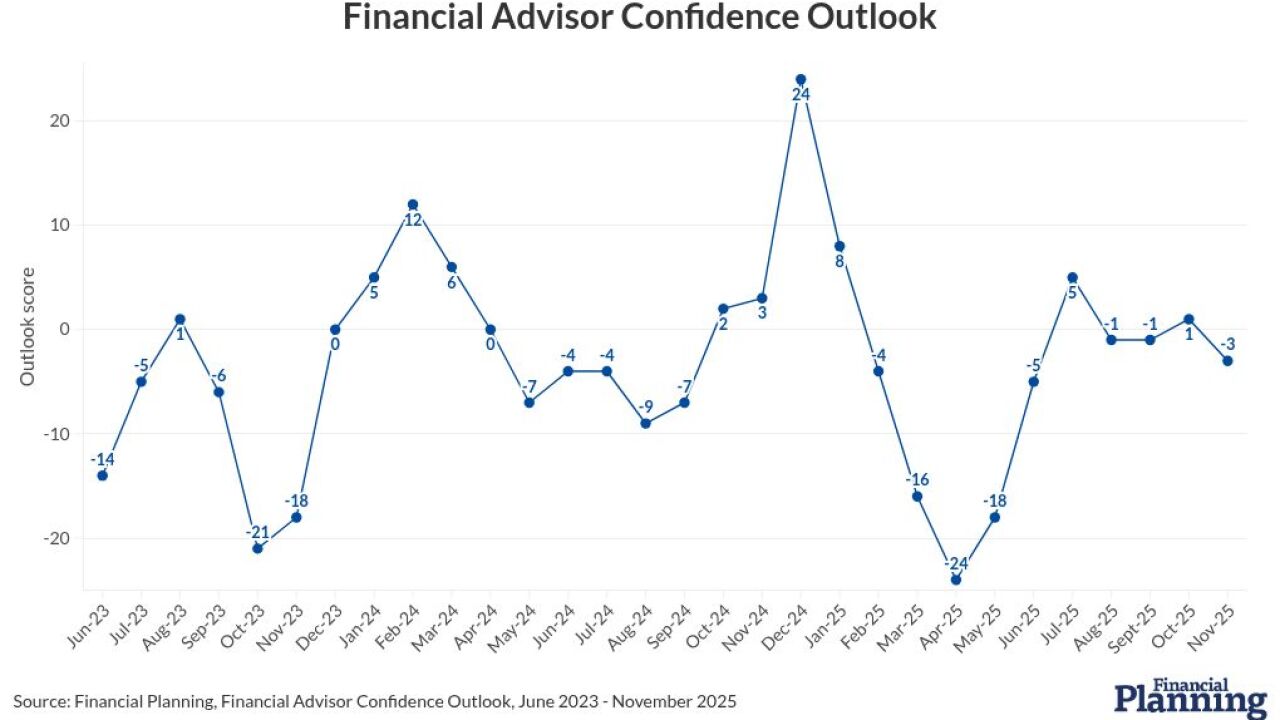The main drivers of markets in 2012 are likely to be similar to last year’s themes —uncertainty over the fate of the Euro, and the related question of whether or not there will be a global recession, said Alan Brown, group chief investment officer at Schroders.
One key difference in 2012: those pending questions seem much more likely to be answered, one way or another, Brown said at a conference in Schroders’ offices in New York. A favorable outcome — which would mean the Eurozone crisis would fade from the news, with evidence of at least some continued growth in the developed world — could set equity markets up for a strong rally, he said.
However, a less favorable outcome—collapse of the Eurozone, with domino effects across the globe—could send developed countries back into deep recession.
What matters most in the resolution of the Eurozone crisis is whether it is orderly or disorderly, Brown said. Even in an orderly exit, there will be losses, and banks in particular will need public support, he noted in a report accompanying his presentation.
“The difference between an ‘orderly’ and ‘disorderly’ exit depends fundamentally on whether a robust firewall can be created to avoid a domino effect hitting other countries” such as Portugal, Ireland and Italy, according to the report. “A sensible approach would be to make a Greek debt write-off also conditional on exiting the Euro. Other indebted nations would then know that the price for debt relief was exit, reducing the temptation to seek similar forgiveness.”
A disorderly exit, however, could mean contagion from Greece spreads rapidly, with banks forced to shut down as depositors flee other Eurozone countries seen to be high risks of default.
How to stop such contagion? Brown suggested one solution would be for the European Central Bank to be allowed to print money, as the Swiss have done by saying they would sell Swiss Francs without limit to keep an exchange rate above 1.20 to the Euro. The ECB could announce a limitless bid for debt from peripheral countries in the Eurozone, Brown said. However, aside from going against political will in Germany, such an action would require a re-writing of existing European Union rules, “and that’s exactly why they won’t or can’t occur until the very last moment before the train is wrecked,” Brown said in his report.
From an asset manager’s perspective, this wide range of possible outcomes — many of them quite adverse — means diversification of assets and the flexibility to change course rapidly as a fund manager are key, Brown said.
It is also not the best time to be long duration he said, given that the odds are stacked against Government bonds in most developed countries. Equities seem to be on the cheaper side assuming a pronounced global recession is avoided. Any signs of a renewed recession, however “should be treated extremely seriously indeed,” he said in his written commentary.
Danielle Reed writes for





